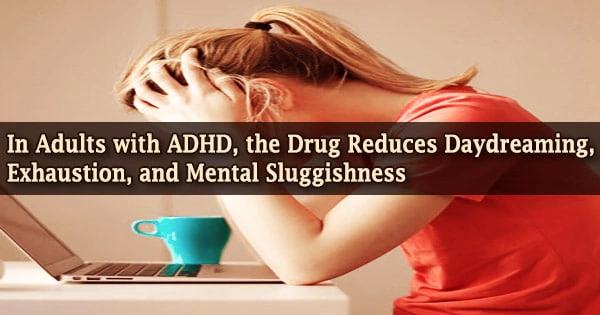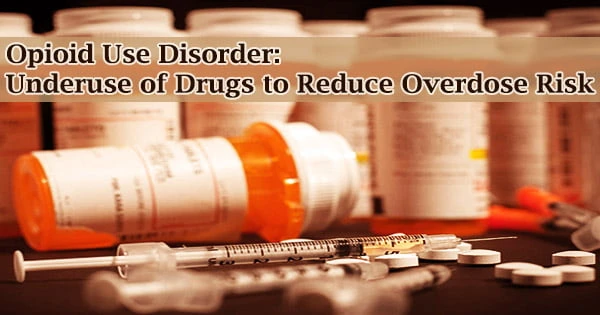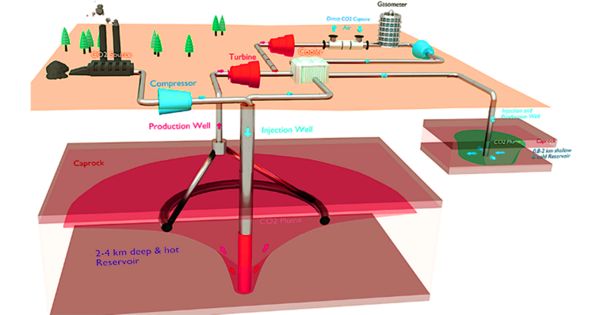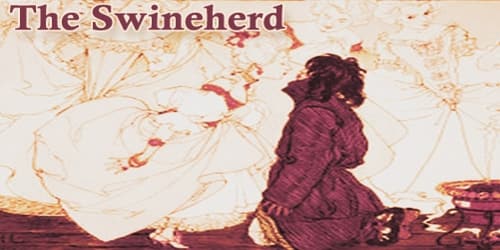In 38 men and women with Attention Deficit Hyperactivity Disorder (ADHD), tests of a medication known to boost brain activity showed early success in lowering symptoms of slow cognitive pace.
One of the most frequent neurodevelopmental issues in childhood is Attention Deficit Hyperactivity Disorder (ADHD). It is most commonly diagnosed in childhood and lasts far into adulthood. Children with ADHD may struggle to pay attention, manage impulsive behaviors (doing without considering the consequences), or be extremely active.
Sluggish cognitive tempo is a combination of symptoms that include chronic dreaminess, weariness, and slow working speed. It has been debated whether it is part of, or independent from, ADHD.
Everyone with ADHD as an adult had it as a youngster. Some people may have been diagnosed and are aware of it. However, some people may not have been diagnosed when they were young and learn about it later in life.
The stimulant lisdexamfetamine (sold as Vyvanse) reduced self-reported symptoms of sluggish cognitive tempo by 30%, according to researchers from NYU Grossman School of Medicine and Mount Sinai’s Icahn School of Medicine.
Scientists are researching the causes and risk factors of ADHD in order to better treat and reduce the likelihood of a person developing the disorder. Although the exact etiology and risk factors for ADHD are uncertain, recent research indicates that heredity plays a significant influence.
It also reduced ADHD symptoms by more than 40% and significantly rectified executive brain function impairments, with fewer episodes of procrastination, improved memory, and better prioritization skills.
The study, which was published online on June 29 in the Journal of Clinical Psychiatry, also found that one-quarter of the overall improvements in slow cognitive tempo, such as feelings of boredom, difficulty remaining awake, and indicators of bewilderment, were attributable to improvements in ADHD symptoms.
Our study provides further evidence that sluggish cognitive tempo may be distinct from attention deficit hyperactivity disorder and that the stimulant lisdexamfetamine treats both conditions in adults, and when they occur together.
Lenard Adler
The researchers concluded that improvements in slow cognitive pace were connected to some but not all of the decreases in ADHD-related physical restlessness, impulsive behavior, and/or periods of not paying attention.
“Our study provides further evidence that sluggish cognitive tempo may be distinct from attention deficit hyperactivity disorder and that the stimulant lisdexamfetamine treats both conditions in adults, and when they occur together,” says lead study investigator and psychiatrist Lenard Adler, MD.
Stimulants have only been demonstrated to improve slow cognitive tempo symptoms in children with ADHD, according to Adler, who runs the adult ADHD program at NYU Langone Health. The findings of the NYU Langone-Mount Sinai collaboration are the first to indicate that such treatments work in adults, he says.
Sluggish cognitive tempo is likely a subgroup of symptoms present in certain patients with ADHD and other psychiatric illnesses, according to Adler, a professor in the Departments of Psychiatry and Child and Adolescent Psychiatry at NYU Langone.
ADHD is not caused by eating too much sugar, watching too much television, parenting, or societal and environmental issues including as poverty or family dysfunction, according to research.
Of course, many things, including these, might exacerbate symptoms, particularly in some people. However, there is insufficient evidence to infer that they are the primary causes of ADHD.
However, it is uncertain if the sluggish cognitive tempo is a unique mental disorder in and of itself, or whether stimulant drugs will help people with sluggish cognitive tempo who do not have ADHD.
Some experts have attempted to classify sluggish cognitive tempo as a unique condition, while critics argue that additional research is needed to answer the subject.
“These findings highlight the importance of assessing symptoms of sluggish cognitive tempo and executive brain function in patients when they are initially diagnosed with ADHD,” says Adler.
Several dozen volunteers were given daily dosages of either lisdexamfetamine or a placebo sugar pill for one month as part of the study, which was funded by the drug maker Takeda Pharmaceuticals of Cambridge, Massachusetts.
Researchers next used standardized tests for signs and symptoms of sluggish cognitive tempo, ADHD, and other markers of brain function to track their psychiatric health on a weekly basis.
Half of the study participants who had been taking the placebo began taking daily doses of lisdexamfetamine, while the other half who had been on the medicine throughout the research’s initial phase began taking the placebo.
Sunovion Pharmaceuticals, Enymotec, Shire Pharmaceuticals (now part of Takeda), Otsuka, and Lundbeck have all given Adler grants and/or research funding. In addition to Bracket, SUNY, the National Football League, and Major League Baseball, he has worked as a paid consultant for these organizations.
Since 2004, he has received royalties from NYU for adult ADHD diagnosis and training resources. All of these interactions are maintained in accordance with NYU Langone’s standards and procedures.
















